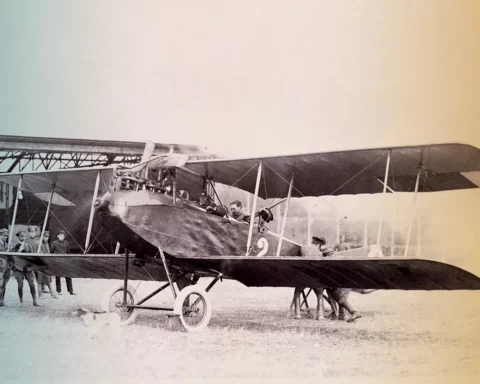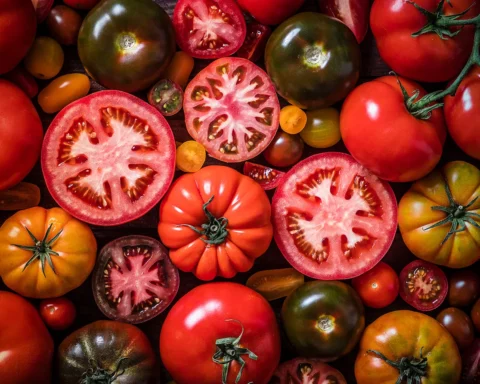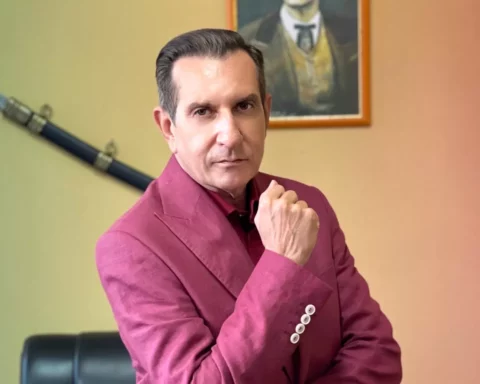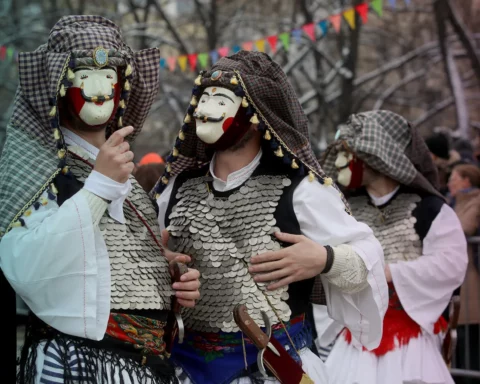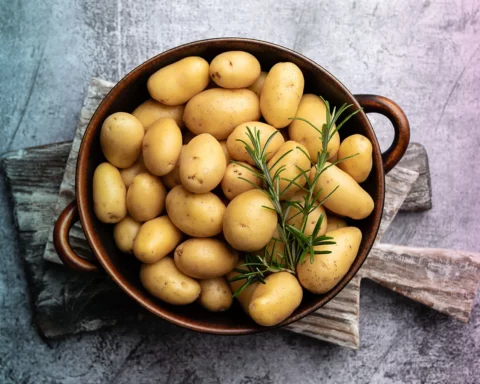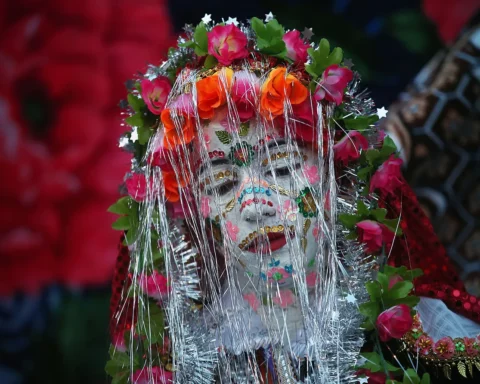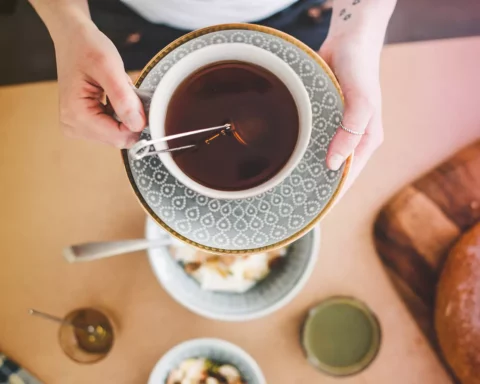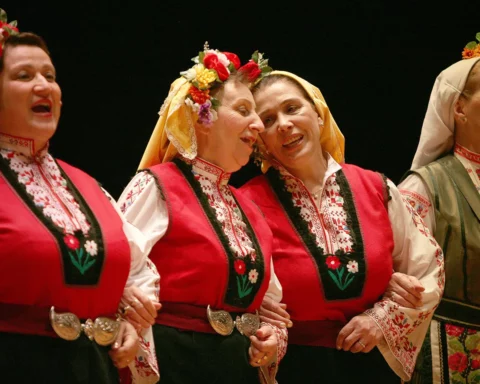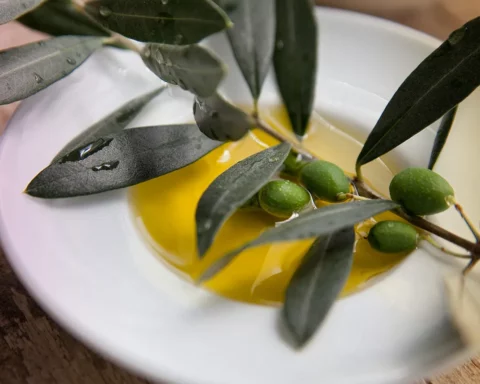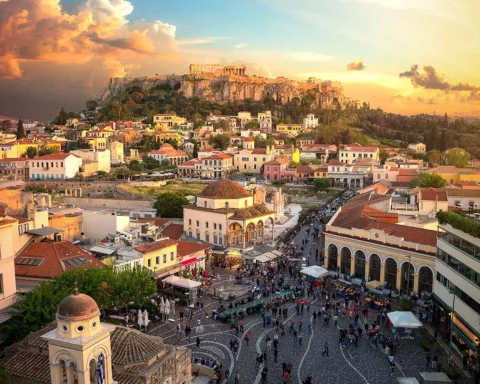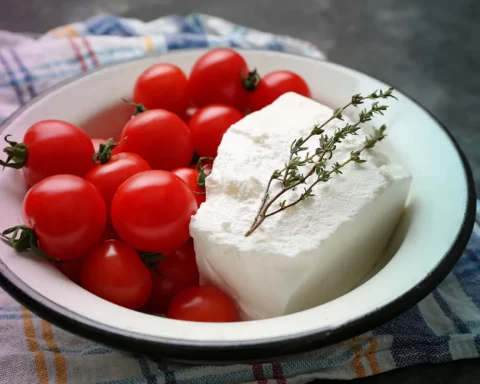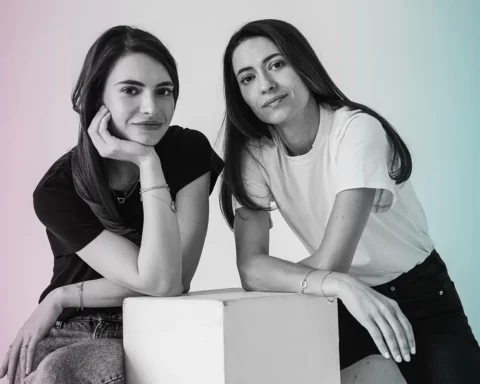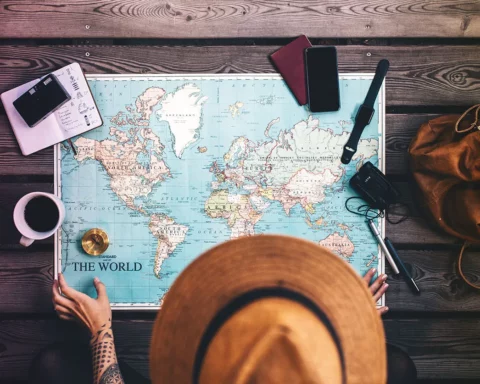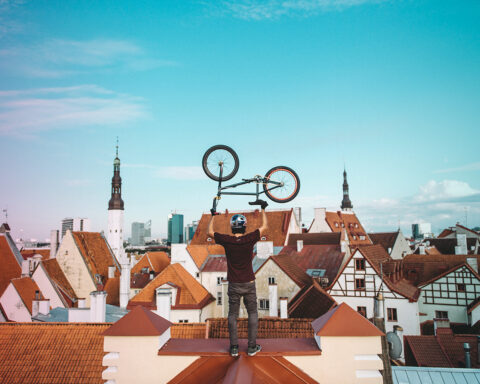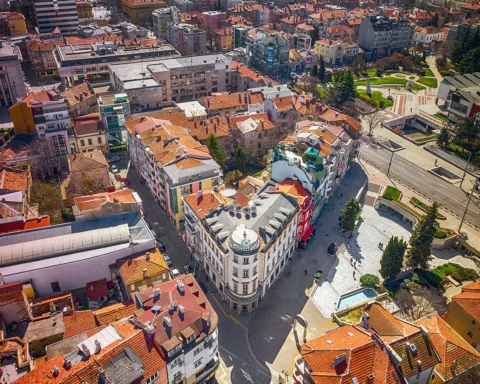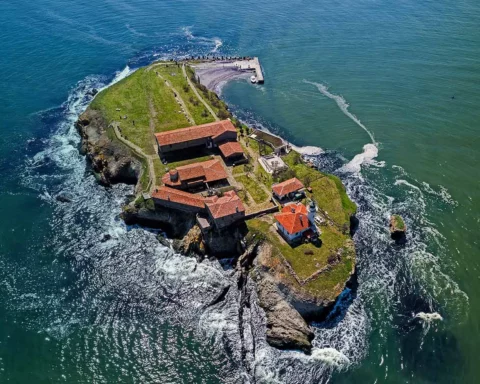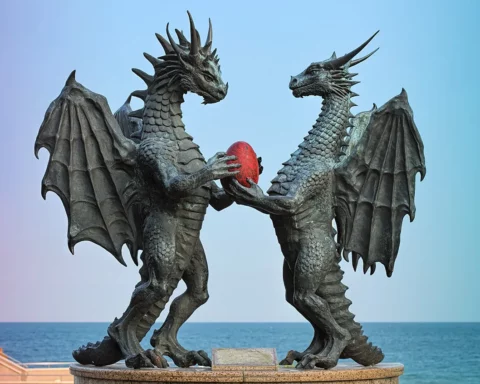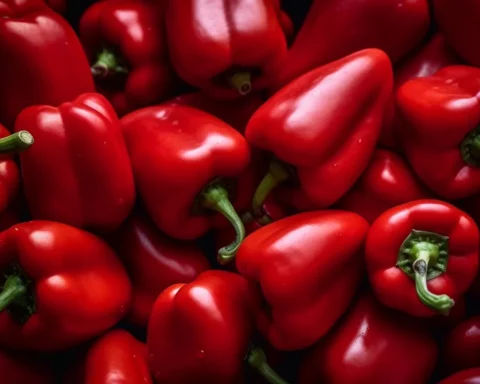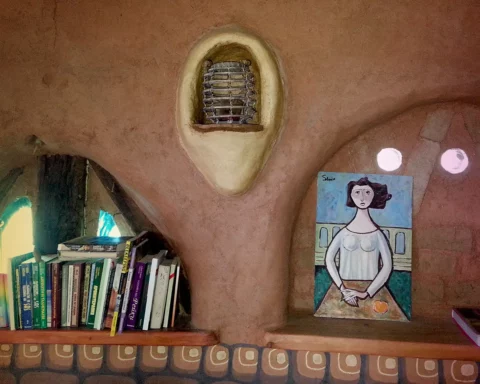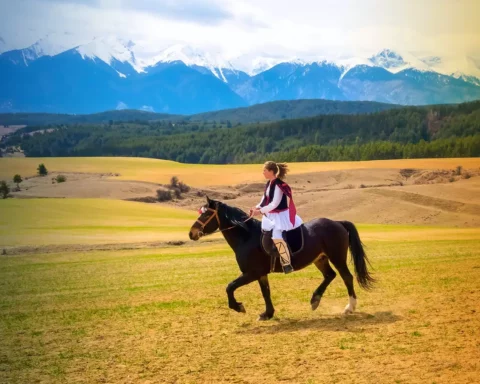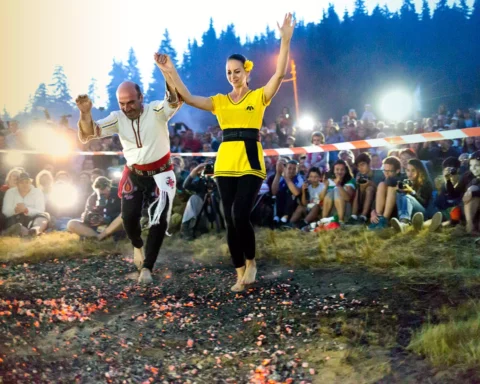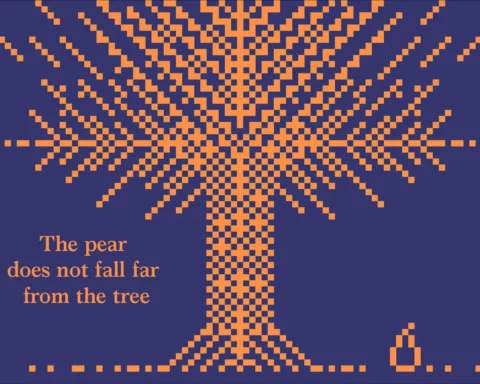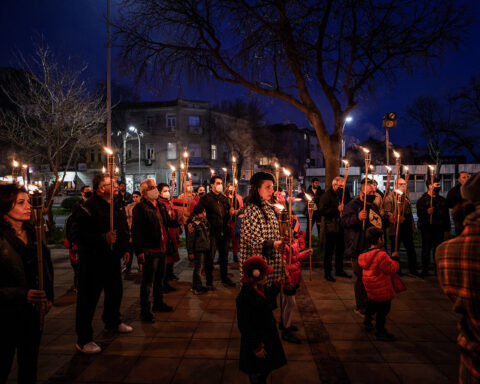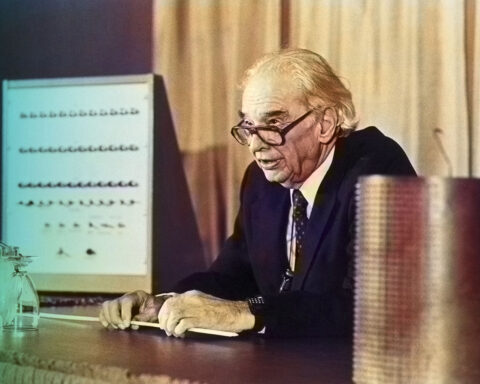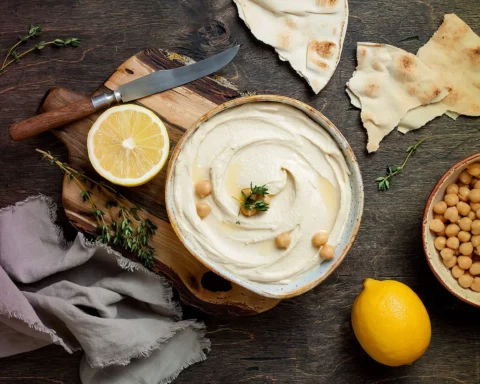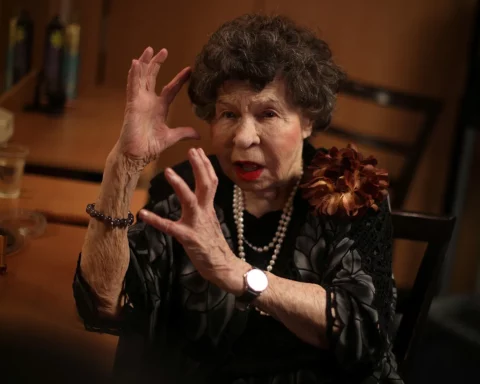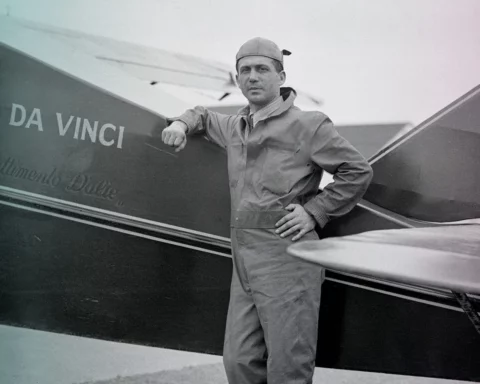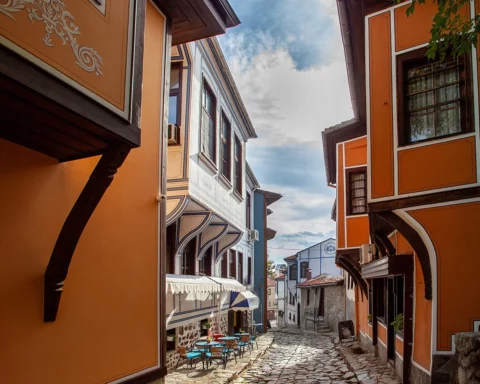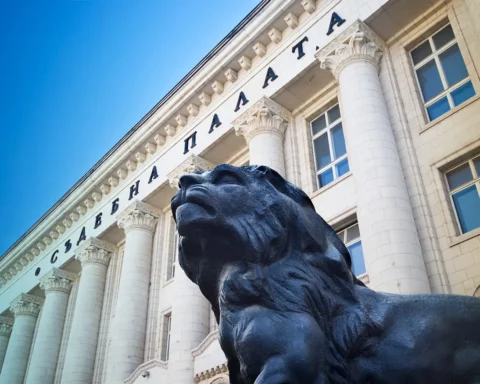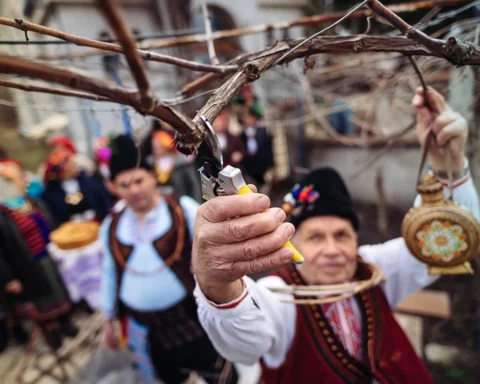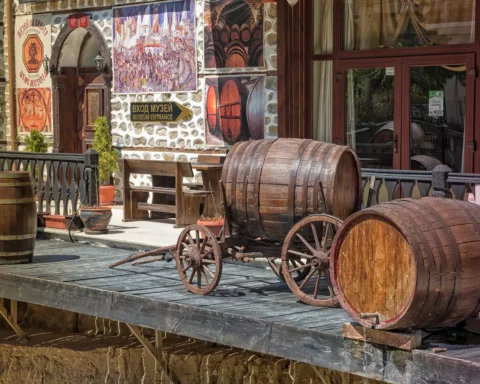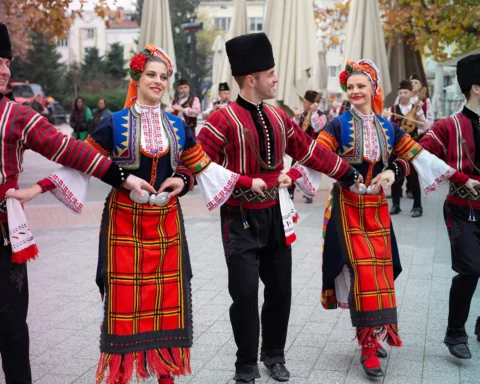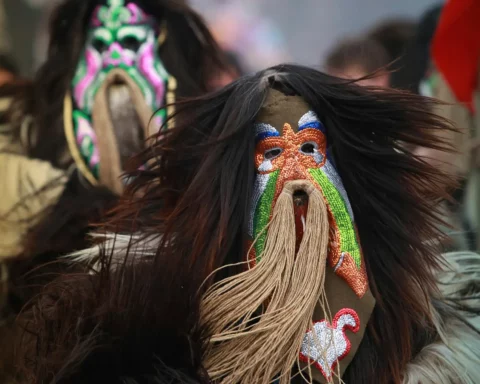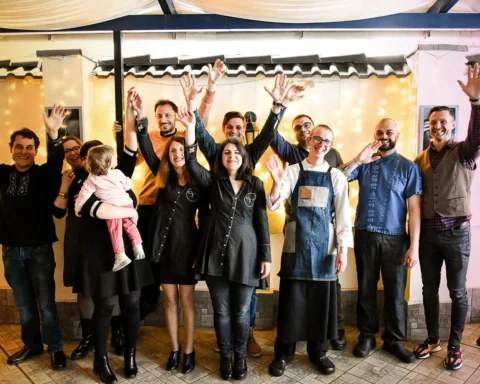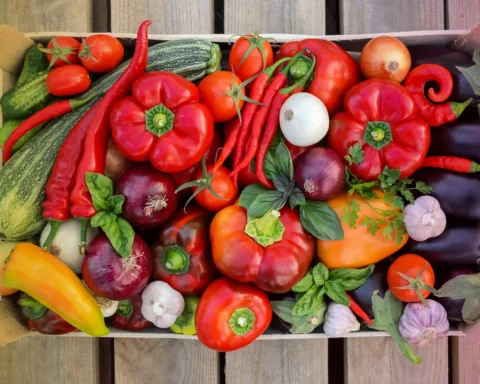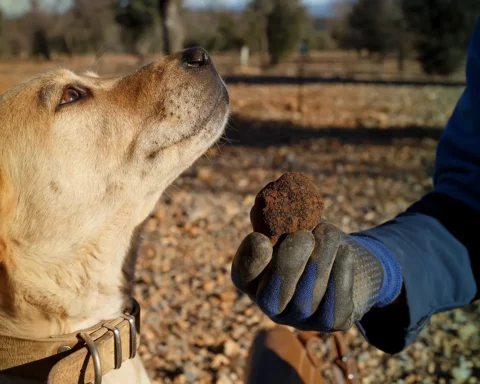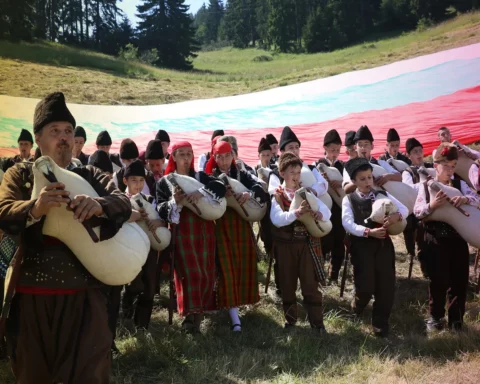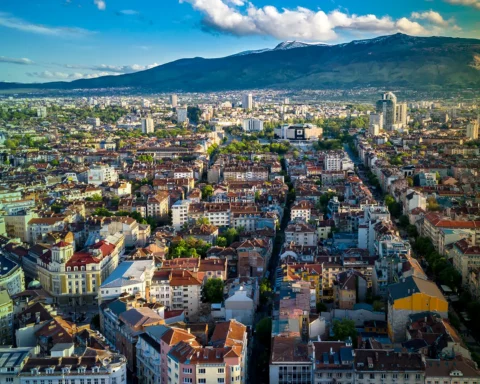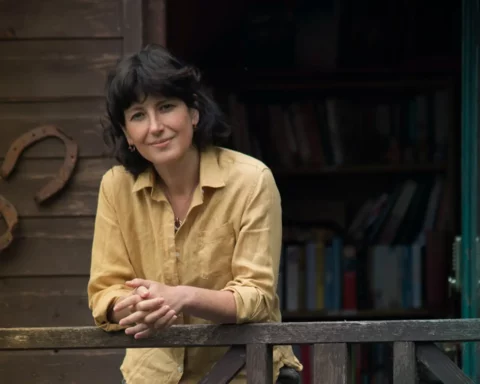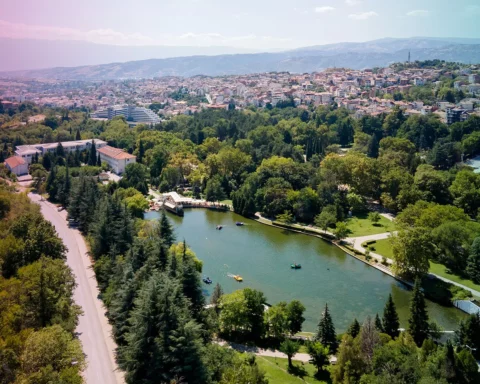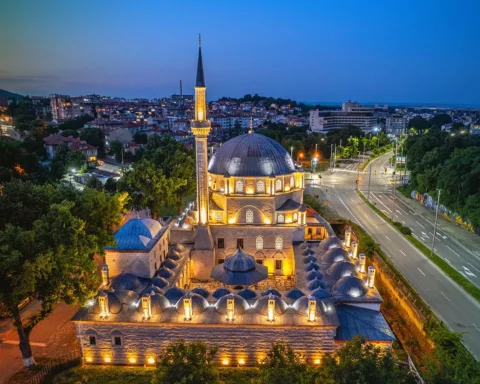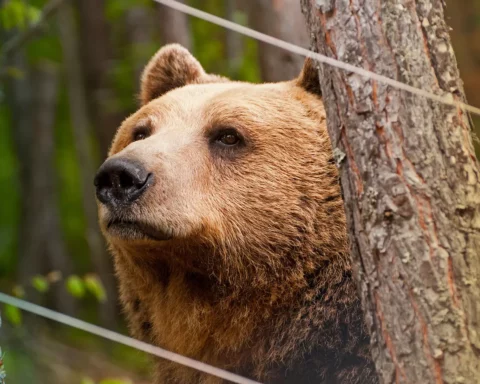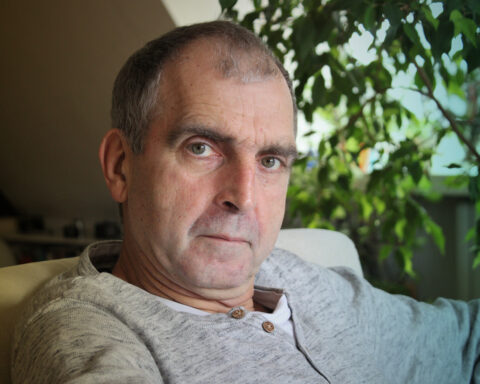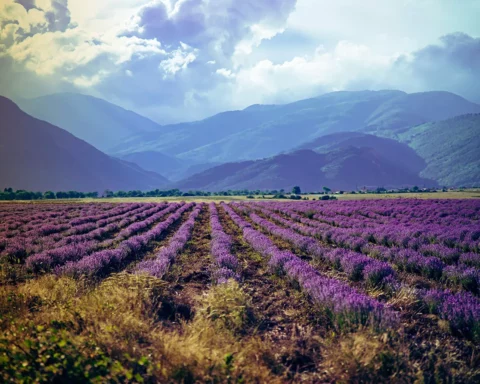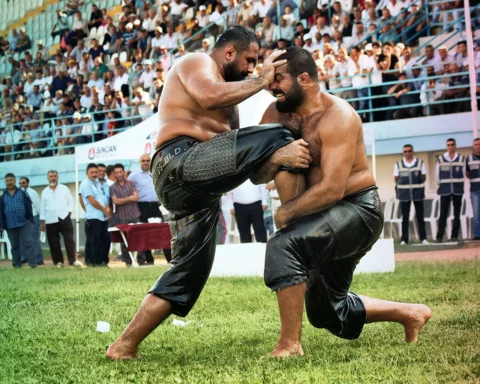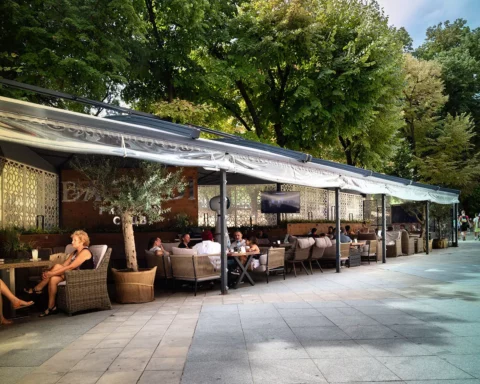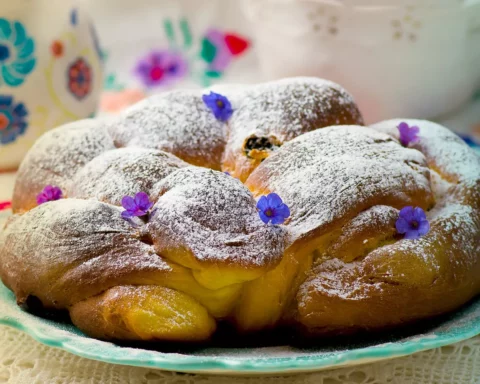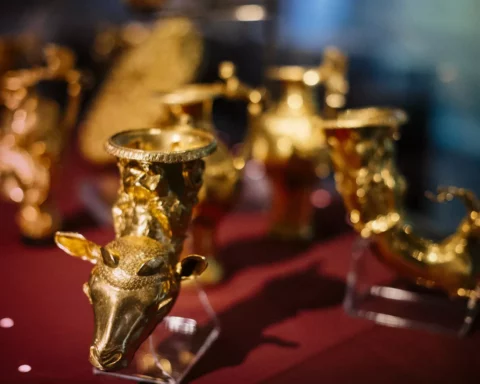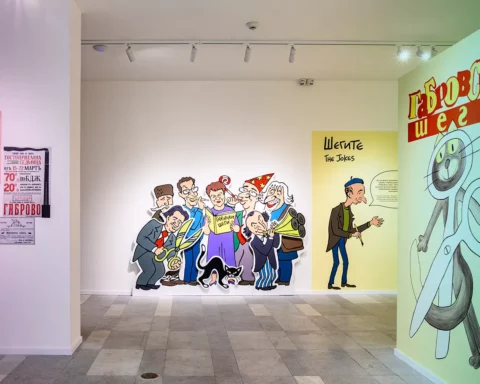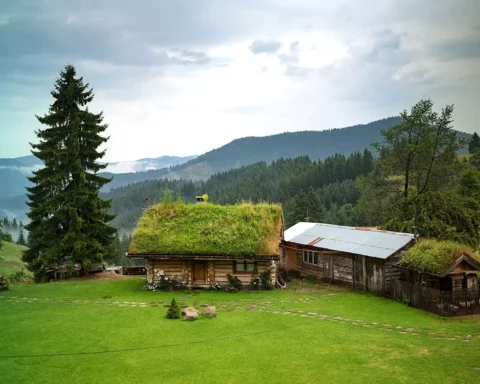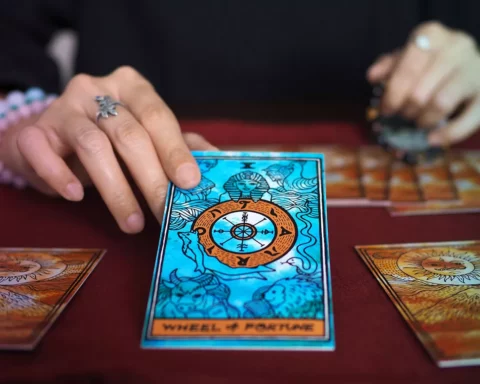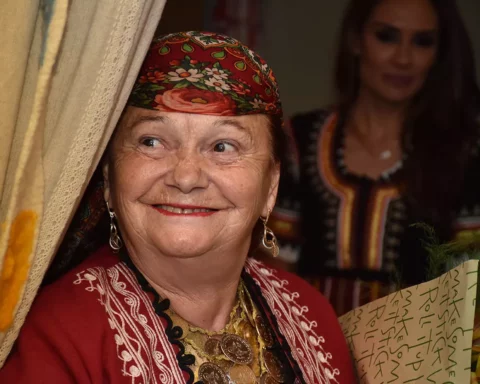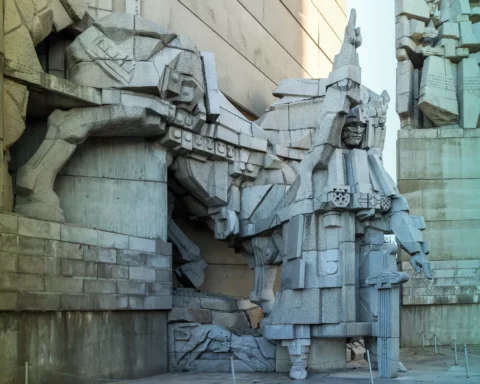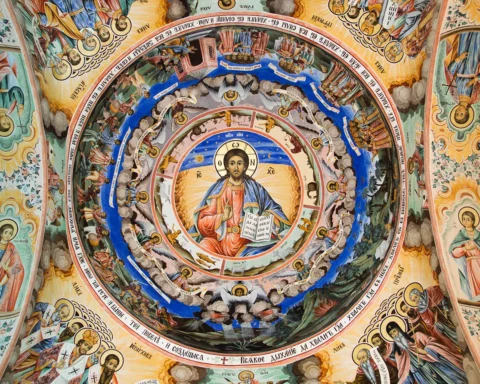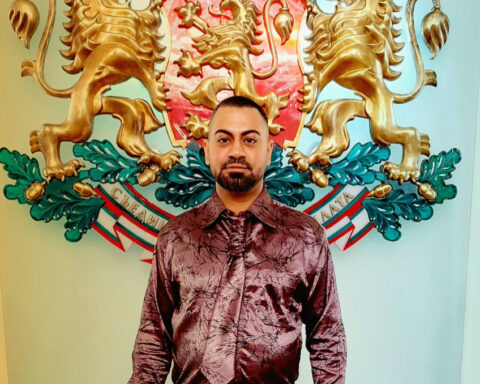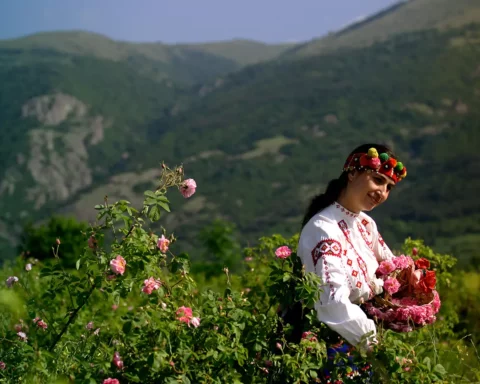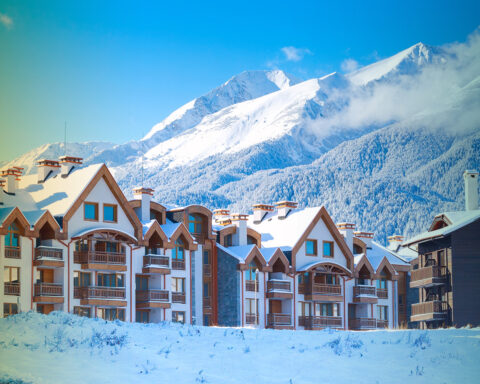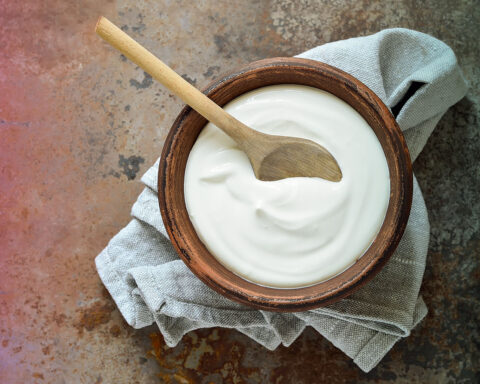It’s the one accessory that goes with everything and never goes out of style. On March 1st of each year, Bulgarians adorn their clothing and wrists with martenitsas. The ancient bracelet, usually made of twisted red and white woolen or cotton threads, announces the end of winter. And so much more.
This may come as a surprise, but Bulgaria was once a computer superpower. Well, at least behind the Iron Curtain. It was all thanks to the genius of Ivan Marangozov, a flute player turned computer engineer credited with the creation of Pravetz, Bulgaria’s first computer.
On May 24, Bulgaria is set to celebrate its biggest national holiday dedicated to the saints of the Bulgarian alphabet, education, culture, and of the Slavonic literature. We asked five Bulgarians working with words on an everyday basis to give us their favorite distinctively Bulgarian words.
It's that time of the year again. In the second half of May, main streets in big cities and small towns across Bulgaria turn into a catwalk. But no, this is not Bulgaria Fashion Week.
In the 1950s, one student of the Academy of Fine Arts in Sofia was dispatched to Bulgaria's countryside to help farmers whose land was located along the route of the Orient Express. This state-ordered visit might have given the world one of the greatest artists of the late 20th and early 21st century.
During the First Balkan War in 1912, a 15-year-old Bulgarian volunteer nurse became the first woman in the world to participate in a combat flight. Despite enormous risks and a lack of training, Rayna Kasabova threw propaganda leaflets over Edirne, in today’s Turkey, making history along the way.
Bulgarians love their national cuisine. And yet, Bulgarian restaurants are getting harder to find in Bulgaria. Is this a temporary trend or a long-term crisis?
For more than 130 years, the tomato has been a fixture on the Bulgarian table, but today, its production is on the verge of collapse. What is happening to the vegetable still enjoying the status of 'national pride' in Bulgaria?
For three years now, residents of the small municipality of Stamboliyski in Southern Bulgaria have been using public transport for free. While the idea introduced by Mayor Georgi Maradzhiev is hardly new, Stamboliyski remains Bulgaria’s only town boasting free public transportation.
In September 2022, The Three Seas Initiative Investment Fund (3SIIF) acquired a significant interest in BMF Port Burgas, a major port operator in the Port of Burgas on Bulgaria's Black Sea coast.
For years, the residents of Pernik, a city of 70,000 near the Bulgarian capital Sofia, have been a subject of countless jokes told about them. What started this endless trove of jokes and how are the people of Pernik fighting back?
The 3 Seas Region's love for potatoes is real, and there's absolutely nothing you can do about it.
In a remote corner of Bulgaria, in a village deep in the Rhodope Mountains, the virginity of a bride is celebrated with a literal bang. Don't be afraid, you're safe.
"I am Bulgarian, not English. I only drink coffee, not tea." Some nine years ago, Jonathan Allen, then British ambassador to Bulgaria, made a statement most Bulgarians easily support. And while Ambassador Allen might have gone back to drinking tea, Bulgaria's relationship with this beverage remains somewhat lukewarm.
In the 1500s, the Persian carpets entered the halls of European monarchies by way of the Ottoman empire. Once these pieces of art were laid out on floors in castles across Europe, they stayed for good.
LNG terminals and pipelines allow for non-Russian gas to flow into Europe: Here's how Greece is rising to the challenge of supporting the EU's energy independence in critical times.
Ask Google "Why is Bulgarian music so good?" and you'll find out that "Bulgarian folk music is unique in Europe for its "asymmetrical" rhythms, where the musical time is not split in even beats, but in longer and shorter." Thanks, Google, but this is only part of the story.
Greek olive oil producers are not worried by numbers showing that Greece is behind the world's top producers in terms of production volume. Quality, not quantity, they say.
With residential prices on the rise, Athens is still attracting foreign buyers. Exactly what is it that keeps them coming?
Ingredients are everything. But increasingly, the region of origin of what you put in your shopping basket also sells. Now, more Bulgarian producers are looking to stamp the European Commission's coveted Protected Designation of Origin (PDO) label on their products.
Can Bulgarian fashion designers make a name for themselves in Europe and beyond? 3Seas Europe sits down with some of the Bulgarian designers determined to create in Bulgaria, no matter the various obstacles.
Looking for a country offering a life-work balance that satisfies your needs? If you live in the 3 Seas Region, you might already be living in one.
How strong is your 3Seas region country passport? Very.
Praised for its response to the aftermath of its debt crisis, Greece has been making steady progress in managing economic and fiscal challenges.
The impeccable style of Kate Middleton, Duchess of Cambridge, has been well-documented. But a closer look behind the scenes at Eponine London, one of the high-end brands favored by the Duchess, unexpectedly takes us to a sleepy Bulgarian town of 12,000 people.
The Greek language is among the most popular to learn on Duolingo out of the languages in the 3Seas region. But does the fascination with the language go beyond the occasional exercise on the go?
Estonia's capital, Tallinn, occupies a coveted spot among the best cities in the world, at least according to expats. But as great as it sounds, there are still some things Tallinn should work on.
The office market in Sofia has been spared from the worst impact of the COVID-19 pandemic. The feared decline in demand for office space didn't manifest itself but are all threats out of the way?
When it comes to electric cars' popularity in Bulgaria, the numbers don't look impressive yet. But nevertheless, the signs that a shift might be on the way are starting to appear.
The fastest internet connection in the 3Seas region can be found in the Baltic states. With one notable exception.
This southeastern Bulgarian city of close to 200,000 residents wasn't voted "Best city to live" for nothing. But Burgas has more to offer than a stroll along the Black Sea and what seems like a never-ending summer music festival program.
If you can't name a single Bulgarian island, there is a good reason for that. Hopefully, that's all about to change.
Sofia, among other capitals and cities across the 3Seas Region, offers some good news in the race for cleaner transport. But a lot still must be done.
This past May, something big happened at a sleepy airport in Balchik, in northeastern Bulgaria. Dronamics, a Bulgarian drone developer dubbed "The World's First Cargo Drone Airline," successfully completed the first flight of the Black Swan, its unmanned aircraft.
Ahead of Varna Day, celebrated on 15 August, 3Seas Europe talks to four local residents about what makes their city so special.
Located at the opposite ends of the three seas region, Bulgaria and Poland are connected in myriad ways. But with new countries competing for attention, are traditional cultural ties still going strong?
Before peppers came to Hungary, Bulgaria had already made a name for itself as a power to be reckoned with. And while production of locally grown red peppers is down, the Bulgarian pepper refuses to retire.
With the last decade of Bulgaria's residential real estate market being marked by steady price increases, many buyers remain surprisingly calm. Why? Because they don't plan on taking up a mortgage, to begin with.
With Bulgaria banking on the return of tourists to its popular Black Sea Coast, finding a quiet place away from big hotels poses a challenge. And yet, it's doable.
Bulgarians and Romanians are the two nations that are the least likely in the EU to be absent from work due to sickness, data from Eurostat reveals. Exemplary work ethic? Sadly, the explanation lies elsewhere.
With the world largely considering the COVID-19 pandemic a thing of the past, its effects are still holding back one of Bulgaria's key industries – tourism. Add the war in Ukraine to the equation, and the question arises: will Bulgaria's tourism sector rebound (soon)?
A quick Google search produces promising results: Bulgaria is not lacking in eco-friendly houses. Yet, Bulgarian architects devoted to promoting sustainable architecture say, “Not so fast…”
Bulgaria is not exactly known for its high fashion, and yet, browsing through the offerings of high-end brands in Paris and Milan, the country surely pops up a lot. Especially when it comes to ever-present Made in Bulgaria labels.
At first sight, Pliska, a town in northeastern Bulgaria with a population of just over 1,000, is exactly what you’d expect from a small town, with its main street housing a few administrative buildings and a coffee shop. And yet, it is not a town like any other. Welcome to Bulgaria’s first capital.
A new high-speed railroad will connect the Bulgarian city of Ruse with Romania’s capital, Bucharest, bringing passengers, trade, and hopes for more positive developments linking the two neighbors.
Used today as the official script of their national languages by some 250 million people around the world, Cyrillic script is particularly celebrated in Bulgaria - and for good reason.
In Balgari, a small village in Bulgaria’s Strandzha Mountains, the air is thick with anticipation. Embers are spread around in a large circle. High above the circle sit icons of the two saints, Constantine and Helena, who are being honored today. The fire dance is about to begin.
Countries across the Three Seas region are steadily improving their proficiency in foreign languages, with Croatia and Poland placed among the top European countries when it comes to knowledge of English. But, the region is not done yet.
For centuries, generations of Bulgarians have resorted to a trove of proverbs and saying with clear negative undertones. Why is their pessimism still around?
Bulgaria hasn’t been blessed with limitless supplies of natural gas, but the country is still looking to play an important role on the gas market.
How long did it take until Bulgaria found its current location in southeastern Europe?
On April 24, known as Armenian Genocide Remembrance Day, Armenians in Bulgaria will pay their respects to the victims of the systematic murder of up to 1.5 million Armenians, which took place in the Ottoman Empire in the early 20th century.
The question was popped, and the answer is yes. Now what? For many Bulgarian brides-to-be, this question has an easy answer, at least when it comes to finding a bridal gown. It involves a road trip to Asenovgrad, a town in the south of Bulgaria.
Look closer at this monument in a village in southern Bulgaria, and an inevitable question arises. Why is Prof. John Atanasoff, the American-born scientist credited with the invention of the first electronic digital computer, being honored here of all places?
The premiere of the new season of the Bulgarian edition of "The Bachelor" quickly revealed that many of the women fighting for the heart of the man in the spotlight have one thing in common: an affinity for injectable facial treatments and plastic surgery. What makes Bulgaria a special case when it comes to beauty enhancement?
The war in Ukraine is having unexpected effects far and wide. A key source of protein for countries in the Middle East and India, the demand for chickpeas outstripped the supply, with both Russia and Ukraine being among the top producers. Can small players familiar with the crop, like Bulgaria, step up to the challenge?
3Seas Europe's Galina Ganeva sits down with Maria Plachkova, a Ukrainian-born journalist of Bulgarian descent, to talk about the past and, most importantly, the future of the many minorities populating Ukraine.
The loss of a beloved artist is always a painful loss. The loss of Stoyanka Mutafova in 2019, who, at 97 years old, was one of the oldest actors in the world still working, shook Bulgaria profoundly. After all, the country lost its uncontested "Queen of Comedy."
He was an inventor, an engineer, and an aviator. He inspired thousands of pilots around the world, like astronaut Neal Armstrong, the first person to walk on the moon. And yet, Assen Jordanoff, the Bulgarian-American inventor of, among other things, the airbag, is hardly known in his home country.
Plovdiv, Bulgaria’s second-largest city, is always there for you, although it’s easy to miss. A less than two-hour drive to the south from the capital Sofia, Plovdiv is often seen as a city living in the shadow of its mighty neighbor. Big mistake.
Most of the shops on this beautiful street in the center of Shumen in northeastern Bulgaria have seen better days. Except for one bakery still bustling with life.
Bulgaria and Romania share 609 kilometers of border. And yet, despite the fact that the Danube River forms as many as 470 km of that border, the two countries are linked only by two bridges. Is this about to change?
Once upon a time, lions roamed parts of the Balkan Peninsula. Excavations show that the last lions were spotted in Bulgaria somewhere around the 3rd or 4th century BC. And while lions were not around to witness the birth of Bulgaria or its struggles, they remain one of the country’s symbols. Why?
Bulgaria and wine, it’s serious. So serious that Bulgarians honor Saint Tryphon, patron of vine growers and winemakers, not once but twice a year. But is this enough to help Bulgarian wines conquer demanding markets abroad?
In the beer-vodka-wine European divide, Bulgaria’s position is clear: Wine, please. While Bulgaria has no shortage of impressive wines based on well-known grapes such as Chardonnay and Cabernet Sauvignon, why not impress your sommelier with knowledge of Bulgaria’s lesser-known varieties?
The 2021 census in Bulgaria confirmed something that most Bulgarians know: the town of Melnik’s spot as one of the smallest towns in Europe is safe.
Can sweeping political changes impact what and how we eat? You bet, argues historian and writer Dr. Albena Shkodrova, author of “Communist Gourmet.”
Bulgarian businesses need more help from foreign workers. As challenges persist, how can Bulgaria fix its labor shortages?
Bulgarian folk costumes, once considered a thing of the past, now live on Instagram, attracting younger crowds along the way
Flying to Bulgaria is easy, but that is not exactly the case when it comes to flying within the country. But work is underway to add six much-needed small facilities to Bulgaria’s minuscule airport network.
At the end of January, masked people with countless bells tied around roam the streets in villages across Bulgaria. But despite their scary outfits, locals are not intimidated. These are the Kukeri, and they are here not to scare onlookers but to chase away the evil forces
Navigating the Balkan cuisine and claiming dishes as national is a tricky balancing act. And yet, when it comes to the "most Bulgarian" thing you could eat, we think we may have just found it.
The fire by the Christmas table is not meant only for Instagramming: try this Bulgarian fortune-telling Christmas tradition instead.
While the concept of dining in the dark is not novel, in most such restaurants, the point is to have you guessing at what you’re eating, provided you’ve been able to locate your plate first. In Bulgaria, one restaurant takes this a step further to educate.
How modern gardening gave the beginning of the Bulgarian community in Hungary?
Hidden in the forests of Bulgaria are immense riches. How should one go about obtaining them?
While Bulgaria hasn't exactly been the first country to come to mind when one thinks about the most fertile ground for startups, that is all about to change.
Bulgaria might not be known for its fashion brands, and yet one local company is keeping Europeans fashionable.
At the two opposite ends of Europe, two countries hold the bagpipe in the highest esteem possible. What links Bulgaria and Scotland when it comes to bagpipe music?
Generation after generation of Bulgarians was raised with eyes on the prize: Owning a home. With prices in Bulgaria reaching new heights, has the time come to let go of that dream?
In 2023, Bulgaria will celebrate three decades of belonging to the global Francophonie family without ever speaking French as an official language. What happened?
Writer Kapka Kassabova has made it her mission to go back to the Balkans, bringing closer to readers a part of Europe that is still either unknown or misunderstood.
As beautiful as autumn is in its many colors, you wish summer would last longer. This is quite possible in Sandanski, a small mountain town in Southwestern Bulgaria.
Built in 1744, Sherif Halil Pasha Mosque is preceded in size only by Selimiye Mosque in Edirne, Turkey, on the Balkan Peninsula.
For 22 years now, bears, which were used to act in shows across the Balkans, get a new chance for life in a unique bear sanctuary sponsored by French actress, Brigitte Bardot.
A new permanent exhibition in the city of Shumen will soon tell the story of Bulgaria’s first theater performance in 1856. One issue: Another Bulgarian town claims they got there first.
Over three decades after the fall of communism in 1989, Bulgaria seems to be at a crossroads, with four parliamentary elections in less than two years and forces pulling the country into opposite directions: West and East.
Beautiful lavender fields are the perfect Instagram photo-op. Just pay attention to the location tag: You’re not in the south of France but in Bulgaria. In fact, lavender is so prevalent in Bulgaria that it has been competing with France for years now for the title of top producer.
Contestants smeared with oil. Naked torsos. Tight-fitting leather shorts. Are you ready for a traditional oil wrestling competition?
Shumen, in northeastern Bulgaria, is so linked to its cafes - in particular, its main café-lined street - that one of its former mayors floated the idea of applying for an entry into the Guinness Book of World Records as the longest café in the world.
The debate about the legacy of socialist residential architecture in Bulgaria, and the need for changing it, is ongoing. Should neighborhoods’ names follow suit?
For decades in the 20th century, Bulgarians and Romanians, two neighboring nations sharing 609 kilometers of border, knew little of each other. Today, 15 years after the two countries became members of the larger European family, things are changing for the better.
They say the language of love is universal, but sometimes, knowing another language helps. A popular story in Bulgaria tells of an American who fell in love with a Bulgarian woman. Alas, the story doesn’t end in “happily ever after” thanks to confused gestures.
The ancient Thracians, who resided mainly in modern-day Bulgaria, Greece, and Turkey, left behind a priceless trove of artifacts that are still being unearthed to this day. As the search continues, the question looms: Who will get to them first? Archeologists or treasure hunters?
Welcome to Gabrovo, Bulgaria’s capital of humor. In this Central Bulgarian town, legends say that they cut the tails of cats so that the door closes faster after them. It’s such a prevalent story they erected a bronze cat sculpture that has been attracting visitors for two decades.
The results are in, and if you’re a salad lover heading to Bulgaria, you’re up for a treat. In TasteAtlas’s 50 Best Salads ranking, four Bulgarian salads make the cut. Ovcharska (Shepherd's) landed the #1 spot, with Snezhanka and the famous Shopska Salad – also in the top 10.
With 240 sunny days a year, Bulgaria is well-positioned to harness the full potential of solar energy. So what is missing?
Centuries-old houses, lush greenery, friendly neighbors. If this is your idea of the average small Bulgarian village, you might be right. But if you want to experience life in one of these villages first-hand, hurry. Because the Bulgarian towns and villages as we know them might be dying out.
Seeking answers to personal questions with the help of psychics and fortune-tellers is hardly a novelty. But in Bulgaria, these services continue to be wildly popular three decades after their onset. Why?
In 1977, a vinyl record featuring the Bulgarian folk song "Izlel ye Delyo Haydutin" (Eng: Come out rebel Delyo) began its journey aboard the Voyager 1 and Voyager 2 spacecrafts. The song's journey continues to this day.
Perched atop a plateau overlooking the northeast Bulgarian town of Shumen, the aesthetic appeal – and permanence - of The Founders of the Bulgarian State Monument is still up for discussion, 40 years after its unveiling.
A new exhibition in Sofia is taking a closer look at six examples of post-war architecture in Bulgaria, from a kindergarten to a planned neighborhood and an airport, with the hope of providing answers and maybe, a whole new perspective.
In 1984, a small and largely unused chapel in the town of Tryavna in Central Bulgaria was transformed into something somewhat unusual in the times of socialist rule: Bulgaria's first and only Orthodox Icon Museum.
First, the good news. According to a new study by the Trust for Social Achievement and Alpha Research, the number of Bulgarian Romani with a university degree increased six-fold from 2011 to 2019. Now, the not-so-fast moment: that translates to only 1.2% of Bulgarian Romani.
Who would have guessed that the Damask rose, brought from Persia through Syria to Bulgaria back when the country was part of the Ottoman Empire, would one day acquire cult status? It's so essential that Bulgaria is even called the "Land of Roses." And for good reason.
At first sight, this village near the town of Popovo in northeastern Bulgaria looks like any other village in the area. And yet, it isn't. Welcome to Palamartsa, population 300, including 120 residents from 23 countries. Is this Bulgaria's most diverse village? Possibly.
When Francis I of France suffered a stomach disease, a renowned doctor was summoned from Constantinople, soon arriving in Paris in unusual company – a flock of about 40 sheep. The good doctor got to work fermenting the sheep milk and offered it as a remedy. The King made a swift recovery.







